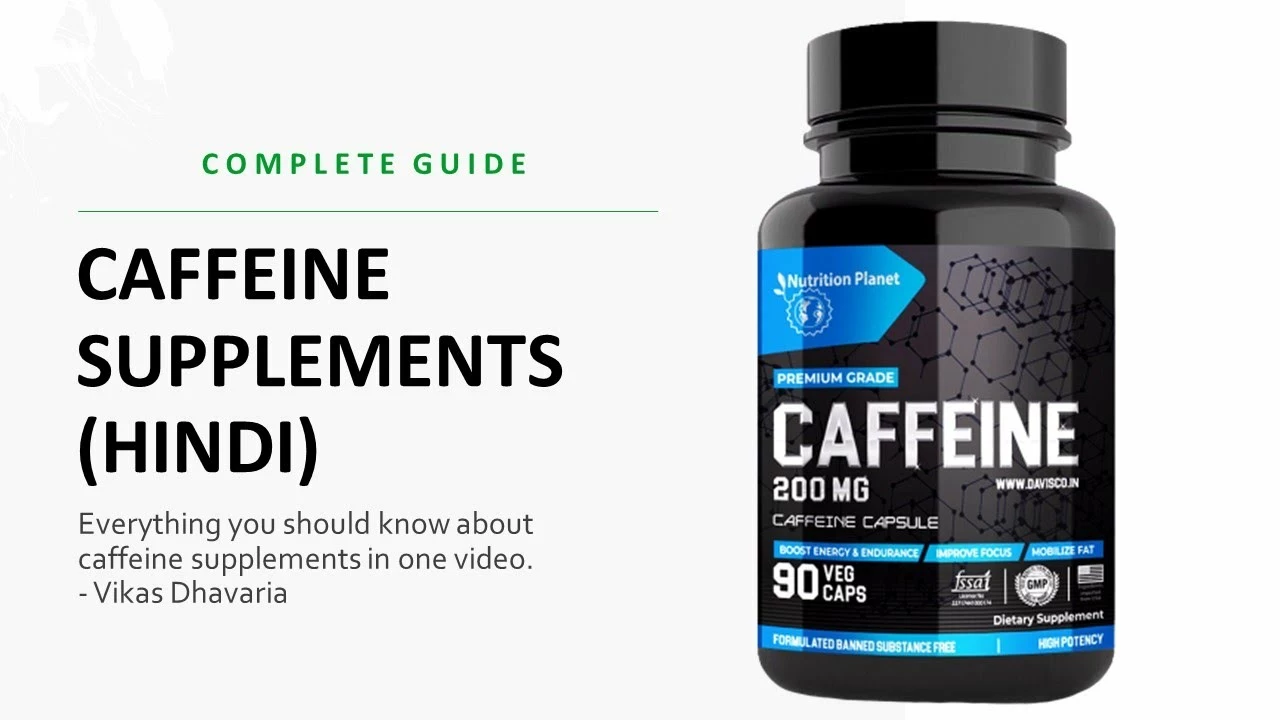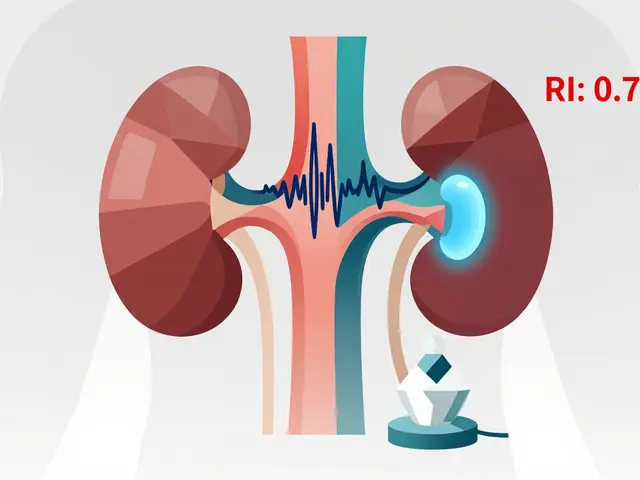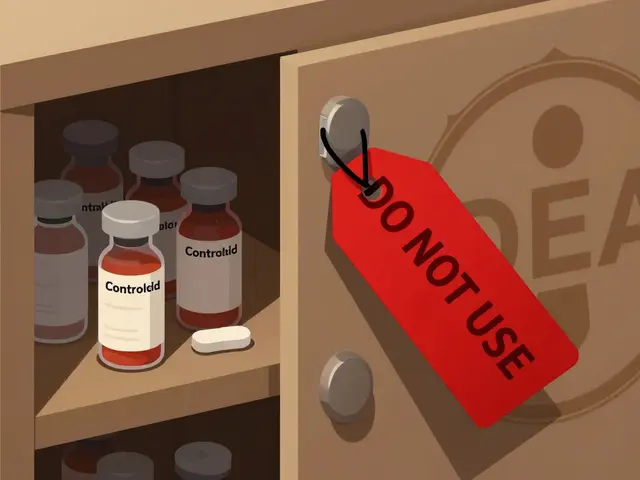Dietary Supplements: How to Choose, Use, and Stay Safe
Thinking about taking a vitamin, herb, or probiotic? Supplements can help, but only when you pick the right product and use it the right way. This page gathers hands-on guides, reviews, and safety tips so you don’t waste money or put your health at risk.
Quick rules for buying supplements
Start by checking three things on the label: the active ingredient and amount, the serving size, and whether the product names any third-party tester (NSF, USP, ConsumerLab). Avoid items that hide amounts in a “proprietary blend.” That phrase often means you don’t know how much of each ingredient you’re actually getting. Prefer brands that list exact milligrams and show batch testing or a certificate of analysis.
Price alone doesn’t guarantee quality. Look for clear labeling, a manufacturing address, and an expiration date. If the seller makes wild health claims (like “cures disease”), walk away. Real supplements support health; they don’t replace medical treatment.
How to use supplements without harm
Tell your doctor or pharmacist what you take. Many herbs and vitamins interact with prescription drugs — for example, some supplements change how blood thinners, blood pressure meds, or antidepressants work. If you’re on medication, pregnant, nursing, or have a chronic condition, get professional advice before starting anything new.
Stick to the recommended dose on the label unless a clinician advises otherwise. More is not always better: fat-soluble vitamins (A, D, E, K) can build up and cause toxicity. Keep supplements in a cool, dry place and throw them out after the expiration date.
Want evidence? Check trusted sources like the NIH Office of Dietary Supplements, PubMed summaries, or Cochrane reviews for clear studies. For consumer-focused insight, look for product reviews that explain test results, side effects, and value — not just marketing blurbs.
Some supplements are worth trying for certain needs. Probiotics and fermented foods like kefir can help digestion and immunity in some people — recent consumer guides lay out strains and doses that showed benefits. Tamarind is rising in supplement shelves for digestion and antioxidants; look for standardized extracts to get consistent results.
Watch for red flags: aggressive marketing, no ingredient transparency, impossible promises, or sellers that won’t provide batch testing. If you feel unexpected symptoms after starting a supplement, stop it and consult your healthcare provider.
Explore the articles under this tag for product reviews, safety deep dives, and specific how-tos — from probiotic guides to herbal profiles. Each post focuses on practical steps you can take today: choose a tested product, check interactions, and track results so you know whether a supplement is actually helping.
Ready to dig deeper? Scan the list of articles below to find reviews, comparisons, and safety checklists tailored to common goals like digestion, immunity, or daily vitamins.
In my recent blog post, I explored the top 10 reasons why phosphate salts should be a part of your dietary supplement routine. Phosphate salts are known to benefit bone health, improve digestion and even aid in muscle recovery. They also play a vital role in maintaining the body's pH balance and help in energy production. If you're not getting enough from your diet, a supplement could be a great addition. Dive into the blog to understand more about this crucial mineral's benefits.
Continue reading...






